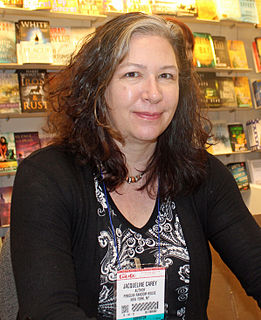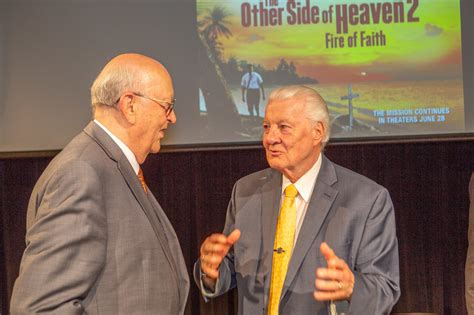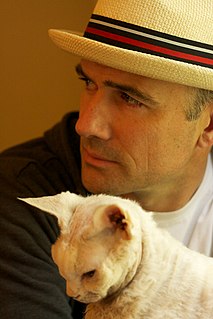A Quote by Douglas Horton
Being sorry is the highest act of selfishness, seeing value only after discarding it.
Quote Topics
Related Quotes
Proof, being the highest level of reproduction activity, has an important interiorization aspect: as Yuri Manin stresses in his book Provable and Unprovable, a proof becomes such only after it is accepted (as the result of a highly rigorous process) ... Manin describes the act of acceptance as a social act; however, the importance of its personal, psychological component can hardly be overestimated.
But tell me: how did gold get to be the highest value? Because it is uncommon and useless and gleaming and gentle in its brilliance; it always gives itself. Only as an image of the highest virtue did gold get to be the highest value. The giver's glance gleams like gold. A golden brilliance concludes peace between the moon and the sun. Uncommon is the highest virtue and useless, it is gleaming and gentle in its brilliance: a gift-giving virtue is the highest virtue.
Once a man recognizes himself as a being surrounded by other beings in this world and begins to respect his life and take it to the highest value, he becomes a thinking being. Then he values other lives and experiences them as part of his own life. With that, his goal is to help everyone take their life to the highest value; anything which limits or destroys a life is evil. That is morality. That is how men are related to the world around them.
We can leave a place behind, or we can stay in that place and leave our selfishness (often expressed in feeling sorry for ourselves) behind. If we leave a place and take our selfishness with us, the cycle of problems starts all over again no matter where we go. But if we leave our selfishness behind, no matter where we are, things start to improve.
To one degree or another we all struggle with selfishness. Since it is so common, why worry about selfishness anyway? Because selfishness is really self-destruction in slow motion. No wonder the Prophet Joseph Smith urged, "Let every selfish feeling be not only buried, but annihilated" (Teachings of the Prophet Joseph Smith, p. 178). Hence annihilation - not moderation - is the destination! . . . Meekness is the real cure, for it does not merely mask selfishness but dissolves it!
There’s a virtuous cycle when people have to defend challenges to their ideas. Any gaps in thinking or analysis become clear pretty quickly when smart people ask good, logical questions. You can’t be a good value investor without being an independent thinker – you’re seeing valuations that the market is not appreciating. But it’s critical that you understand why the market isn’t seeing the value you do. The back and forth that goes on in the investment process helps you get at that.
I cannot believe that violence depicted onscreen actually causes people to act out violently. That's oversimplifying the issue. If somebody commits a violent act after seeing violence in a movie, I think the question that needs to be asked is: would that person still have committed the act if he had not seen a violent film?






































